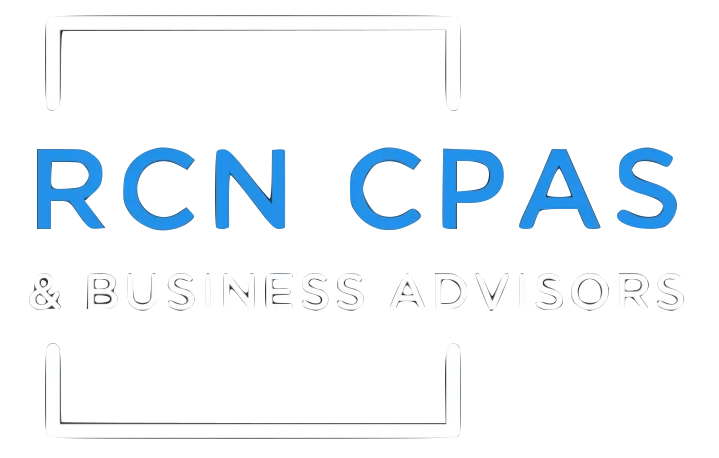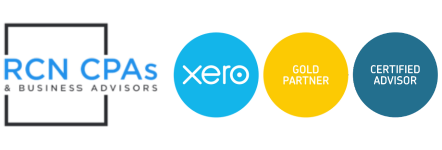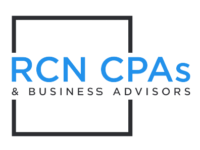Top 10 Tips for Managing Cash Flow for Small Businesses

Cash flow management involves monitoring cash inflow and outflow to ensure enough liquidity to cover expenses and meet financial obligations. Without enough cash flow, a business can’t pay its bills, make payroll, or invest in growth.
In order for a business to survive and gain financial stability, it needs to have control over its cash flow.
Here are the 10 tips for effectively managing cash flow for small businesses.
1. Create a Detailed Budget:
Start by creating a comprehensive budget that outlines your expected income and expenses. This will serve as a roadmap for your financial activities and help you identify areas where you can cut costs or invest more strategically.
2. Monitor Cash Flow Regularly:
Keep a close eye on your cash flow statements on a regular basis, whether it’s weekly, bi-weekly, or monthly. This will help you identify any potential cash shortages or surpluses and make informed decisions accordingly.
3. Forecast Future Cash Flow:
Use historical data and trends to create cash flow projections for the upcoming months. Anticipating cash flow fluctuations can help you prepare for slow periods and plan for expansion opportunities.
4. Streamline Invoicing and Payments:
Implement an efficient invoicing system to ensure your clients pay on time. Offer incentives for early payments and consider using electronic payment methods to speed up the collection process.
5. Manage Inventory Wisely:
Maintain optimal inventory levels to prevent excess stock from tying up your capital. Regularly review your inventory to identify slow-moving items that can be discounted or phased out.
6. Negotiate Vendor Terms:
Negotiate favorable payment terms with your suppliers to extend your payables while preserving positive relationships. This can help you manage your cash outflows more effectively.
7. Control Operating Expenses:
Regularly review your operating expenses and identify areas where you can reduce costs without compromising the quality of your products or services. This could involve renegotiating contracts, exploring energy-efficient solutions, or implementing remote work options.
8. Establish an Emergency Fund:
Set aside a portion of your profits as an emergency fund to cover unexpected expenses or slow periods. Having a financial safety net can prevent your business from facing cash flow crises.
9. Offer Tiered Pricing or Subscription Models:
Consider offering tiered pricing options or subscription models for your products or services. This can provide a more predictable and steady stream of income, helping you better manage your cash flow.
10. Seek Professional Help:
Managing cash flow can become overwhelming, consider hiring an experienced accountant or financial advisor. Their expertise can help you navigate complex financial situations and provide valuable insights.
Effective cash flow management requires continuous attention and adjustment. By implementing these tips and maintaining a proactive approach, you can ensure that your business remains financially healthy and poised for growth. If you need further assistance with managing your cash flow or any other financial aspect of your business, our dedicated team at RCN CPAs & Business Advisors is here to help.






